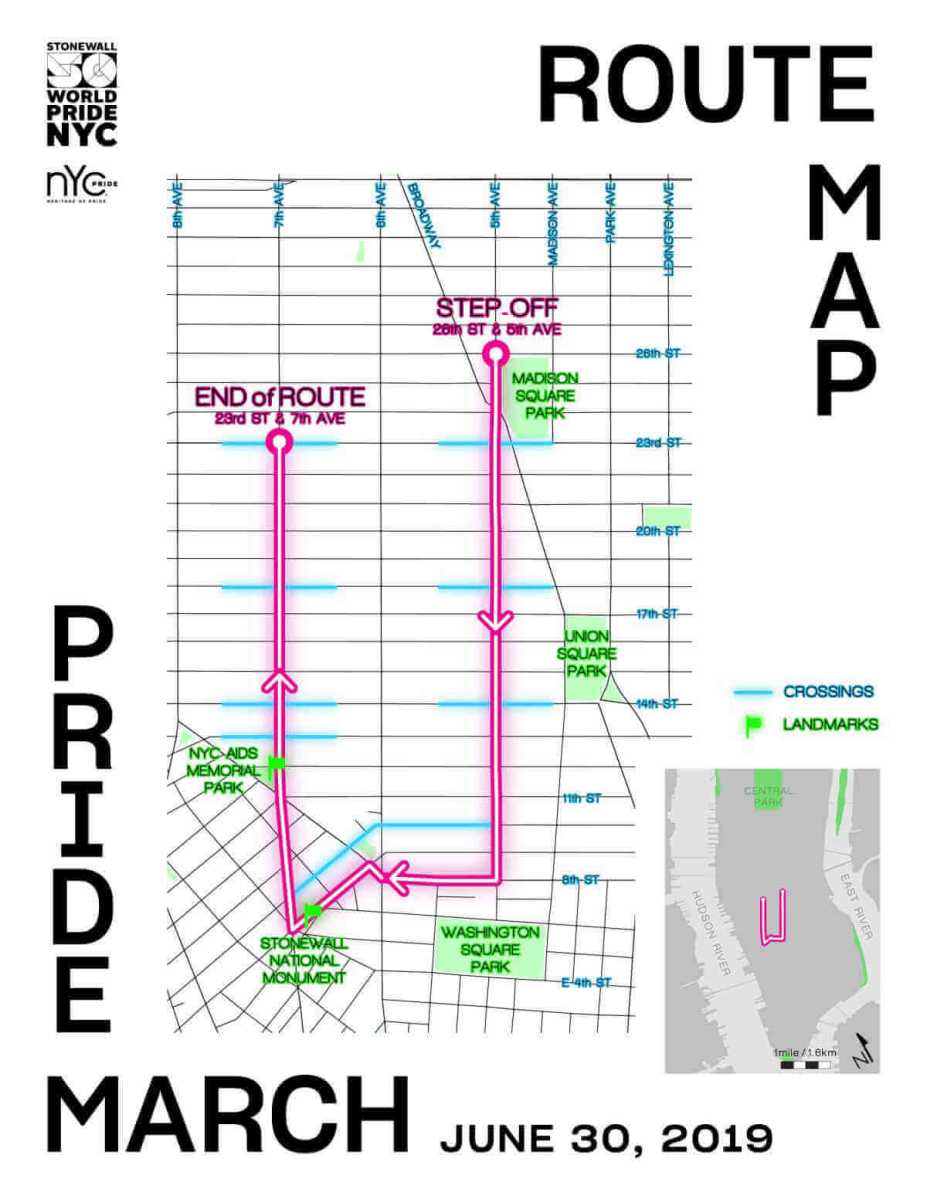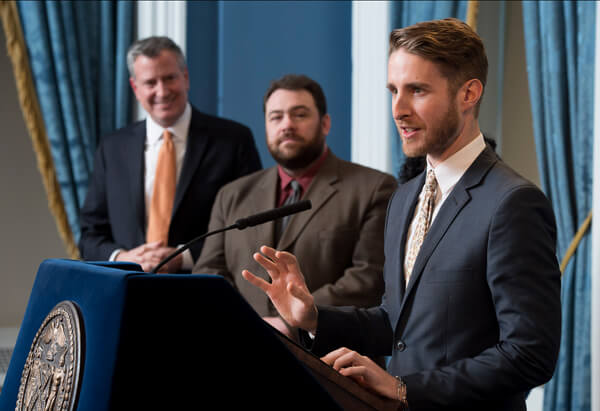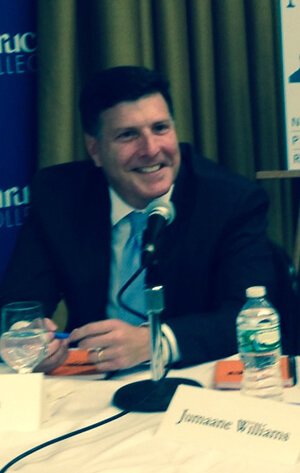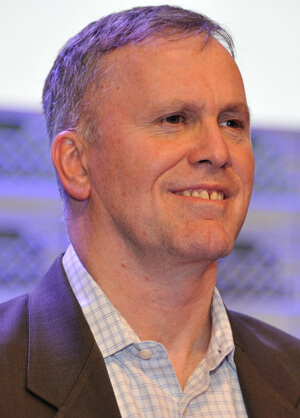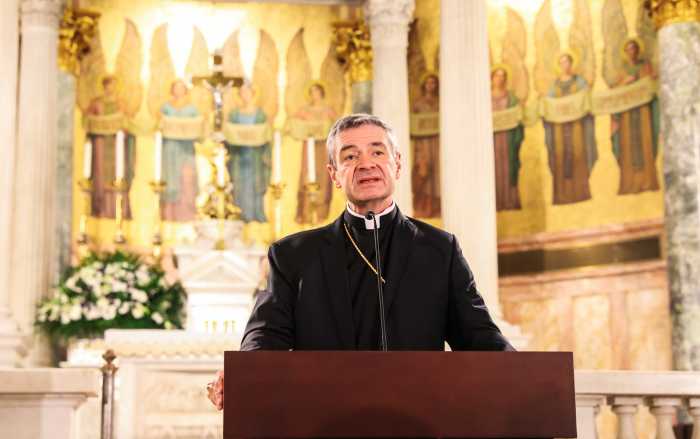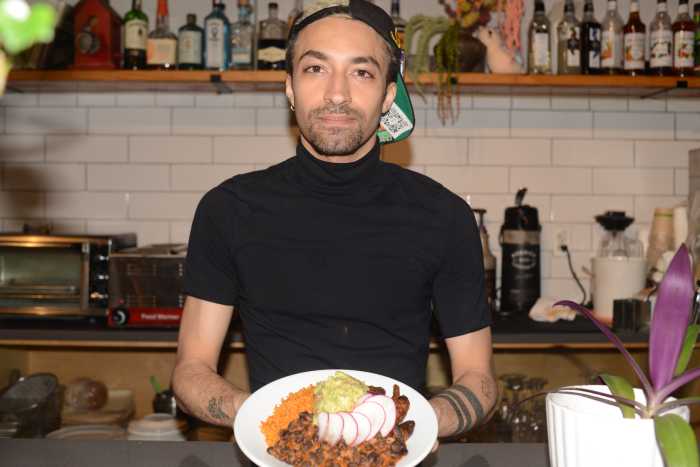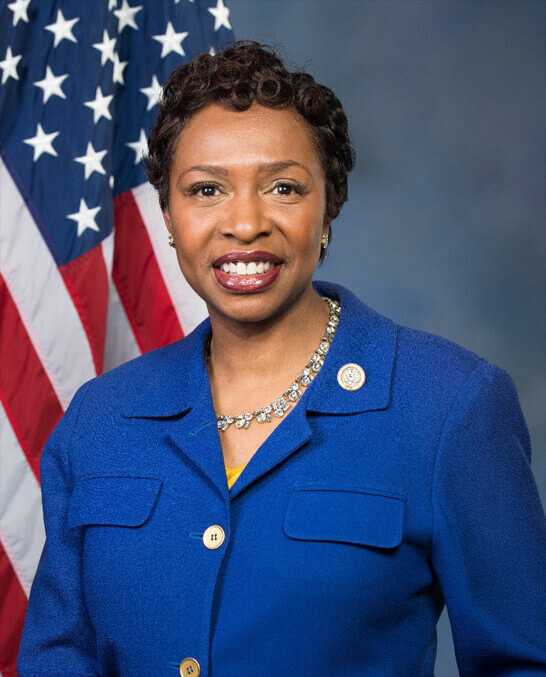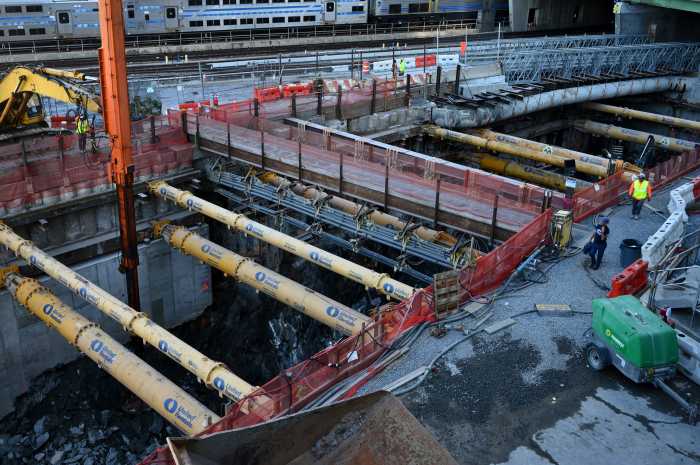After saying as recently as January that this year’s Pride March would be staged in Chelsea and end at 29th Street and Fifth Avenue, the organization that produces the parade and related events has reversed course and will now stage the march in the blocks above 26th Street and Fifth Avenue and end the event at 23rd Street and Seventh Avenue.
“Our intention originally was to go the exact same route as last year,” said James Fallarino, the spokesperson for Heritage of Pride (HOP), the group that produces the march and related events. “After we got the community feedback and we spoke with folks in the mayor’s office, Corey Johnson’s office, and the NYPD, all of us got together to figure out what made the most sense.”
The 2019 march commemorates the 50th anniversary of the 1969 Stonewall riots, which mark the start of the modern LGBTQ rights movement. The first march took place in 1970 and it has taken various routes in the years since. This year, the march will head south on Fifth Avenue, west on Eighth and Christopher Streets past the Stonewall Inn, then north on Seventh Avenue to the dispersal area.
In 2018, the march was staged in Chelsea, which enraged some local residents, in part because they were only told of the plan very close to the date of the event. The march always occurs on the last Sunday in June. HOP promised Chelsea residents that contingents would only briefly test sound systems during the day and that discipline held in the morning, but collapsed by the afternoon. The last contingents, which were comprised of an estimated 50,000 marchers, left Chelsea at about 7 p.m. The last marchers arrived at the dispersal area at 9:14 pm. The march always begins at noon.
This year, some Chelsea residents were angered because they first learned that HOP had applied for a city parade permit using last year’s route when Gay City News contacted them for comment.

The March 19 press release that announced the 2019 route quoted Julian Sanjivan and Chris Frederick, two senior HOP members, Mayor Bill de Blasio, and Corey Johnson, the out gay speaker of the City Council. Johnson represents Chelsea among several neighborhoods and has had to contend with the competing demands of residents there and the broader LGBTQ community.
“As we commemorate the 50th Anniversary of the Stonewall Uprising, it is fitting that we will march down Fifth Avenue, past the Stonewall Inn and through the neighborhoods of Greenwich Village and Chelsea, cradles of the modern LGBTQ civil rights movement,” Johnson said in the press release. “I want to thank Mayor de Blasio, the NYPD, NYC Pride, and all their partners for their hard work in planning WorldPride NYC 2019, a tremendous logistical feat.”
HOP, which also goes by the name NYC Pride, is expecting 150,000 marchers this year — three times last year’s total, in large part because WorldPride is taking place simultaneously, the first time the global gathering will be held in the US. Since 2010, the city has required that all parades last no longer than five hours. The Pride March, which is one of the four largest public events in the city, has not come close to that target in years. The 2017 march was just under 10 hours long and the marches in 2016 and 2015 were each over eight hours long.
“That’s the big thing now is figuring out how to get this moving,” Fallarino said. “We want everyone to be seen and we want them thinking about everybody else, as well.”


